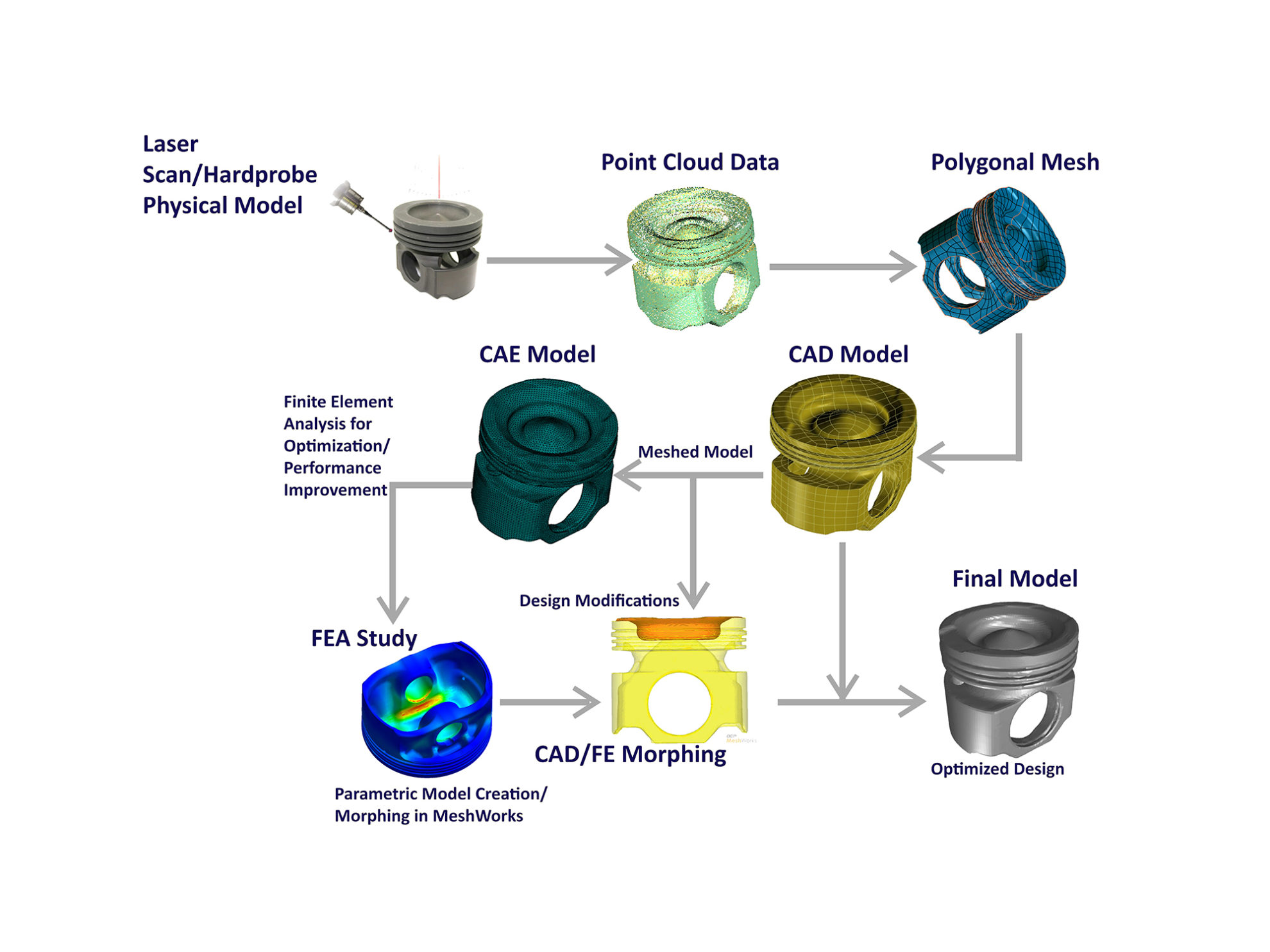Reverse Engineering Interviews

Executive Summary

Reverse engineering interviews involve understanding the interviewer’s perspective, anticipating potential questions, and preparing tailored responses to increase your chances of success. By analyzing common interview formats, industry trends, and specific company cultures, you can anticipate the questions you may face and craft compelling answers that align with the interviewer’s goals.

Introduction
Interviews are crucial gateways to career advancement, but they can also be nerve-wracking. Reverse engineering interviews empower you to gain a competitive edge by understanding the interviewer’s thought process and anticipating their questions. This approach allows you to prepare targeted responses, showcase your skills and experience effectively, and increase your likelihood of making a positive impression.
FAQs
- Q: What is the purpose of reverse engineering interviews?
- A: To gain insights into the interviewer’s perspective, anticipate potential questions, and prepare tailored responses to increase your chances of success.
- Q: Why is it important to prepare for interviews?
- A: Preparation reduces anxiety, builds confidence, and helps you articulate your skills and experience effectively.
- Q: How do I gather information about specific companies and industries?
- A: Research company websites, industry publications, social media, and professional networking platforms.
Top 5 Subtopics
1. Understanding Interview Formats
- Types of interviews: structured, unstructured, behavioral, technical
- Common question formats: open-ended, situational, behavioral
- Differences in interview styles across industries and companies
2. Analyzing Industry Trends
- Key industry skills and qualifications in demand
- Hiring challenges and trends specific to your field
- Emerging technologies and their impact on job roles
3. Deconstructing Company Cultures
- Identify the organization’s mission, values, and work environment
- Research company culture and employee testimonials on platforms like Glassdoor
- Understand the company’s hiring process and evaluation criteria
4. Anticipating Behavioral Questions
- STAR method: Situation, Task, Action, Result
- Common behavioral questions: teamwork, conflict resolution, customer service
- Preparing specific examples that demonstrate your skills and alignment with company values
5. Crafting Compelling Responses
- Answer questions clearly, concisely, and with specific examples
- Highlight transferable skills and accomplishments relevant to the company and position
- Practice mock interviews with a mentor or career counselor
Conclusion
Reverse engineering interviews is a strategic approach that empowers you to understand the interviewer’s perspective, anticipate potential questions, and craft tailored responses. By leveraging this method, you can increase your chances of delivering compelling answers, showcasing your skills and experience effectively, and making a positive impression. Embracing this proactive approach will give you the confidence and preparation necessary to excel in your next interview.
Keyword Tags
- Interview Preparation
- Reverse Engineering Interviews
- Behavioral Questions
- Company Research
- Career Advancement
